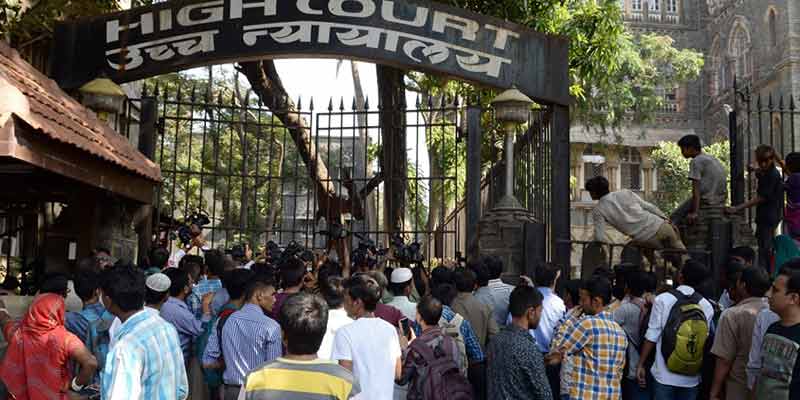- India
- Jun 20
Six High Courts get new Chief Justices
• The Centre notified the appointment of new Chief Justices in six High Courts.
• In exercise of the power conferred by clause (1) of Articles 217 and 222 of the Constitution of India, the President Ram Nath Kovind, after consultation with the Chief Justice of India, has appointed Chief Justices in six High Courts.
• Article 217 deals with appointment and conditions of the office of a judge of a High Court.
• Article 222 deals with the transfer of a judge from one High Court to another.
• While five HC judges were elevated as Chief Justices, the Chief Justice of the Telangana High Court, Justice Satish Chandra Sharma, was transferred to the Delhi High Court in the same capacity.
• The Delhi High Court had been without a regular Chief Justice after Justice D.N. Patel retired and Justice Sanghi had been the acting CJ since March 13.
• Justice Vipin Sanghi from the Delhi High Court was appointed as the Chief Justice of the Uttarakhand High Court.
• Justice Amjad A. Sayed of the Bombay High Court was made Chief Justice of the Himachal Pradesh High Court.
• Justice S.S. Shinde of the Bombay High Court was appointed as the Chief Justice of the Rajasthan High Court.
• Justice Rashmin M. Chhaya from the Gujarat High Court was elevated as the Chief Justice of the Gauhati High Court.
• Justice Ujjal Bhuyan, who is currently a judge in Telangana High Court, was elevated as Chief Justice there.
• Their names were recommended by the Supreme Court collegium last month.
What is the collegium system?
• The collegium system is a forum including the Chief Justice of India and four senior-most judges of the SC, which recommends appointments and transfers of judges.
• Judges of the higher judiciary are appointed only through the collegium system, and the government has a role only after names have been decided by the collegium.
Manorama Yearbook app is now available on Google Play Store and iOS App Store

